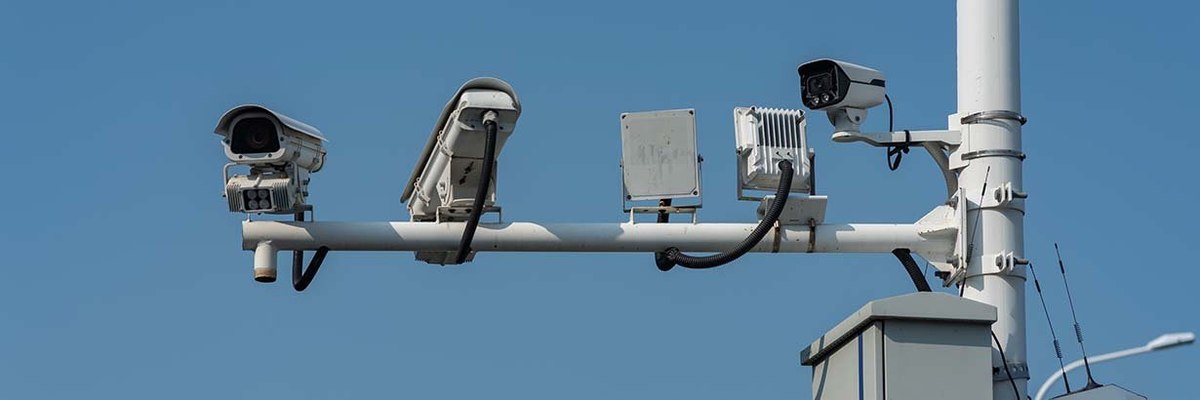Support for security measures has, however, dropped over the last five years
Five years on, a repeat of a 2018 YouGov study finds that public views on various potential public security measures have become slightly more opposed.
From a list of seven security measures we asked about, a majority support the government monitoring all public spaces in the UK with CCTV cameras (55%) and making it compulsory for every person in the UK to carry an official ID card (54%).
These figures are three points below what they had been in 2018, while opposition has grown by six points, to 36% in both cases.
The public also support the government keeping a record of all citizens’ fingerprints by 50% to 40%, and requiring phone manufacturers to help security services unlock a password-protected phone they had made by 50% to 31%.
When it comes to a national DNA database, Britons are divided, with 45% in support and 41% opposed.
The public are also split on whether companies that provide encrypted communications – like WhatsApp – should be required to provide security services with a way of accessing such communications, by 38% to 39%. The year prior to the previous study had seen the then home secretary Amber Rudd attempting to secure such power for the security services.
However, when presented with the contemporary counterpoint that creating a way for security services to access encrypted communications would make it easier for criminals and foreign spies to access those messages as well, support plummets to 18%, with 60% opposed.
The public are also heavily against requiring communications companies to retain everyone's data (including internet browsing history, emails, voice calls, social media interactions, and mobile messaging) – only 16% would support this measure, while 71% are opposed.
For each security measure we asked about, Conservative voters are more favourable towards it than the wider public, and likewise Labour voters are less supportive. Aside from also supporting those measures generally supported by the public, most Tory voters also back the DNA database, and they tend to support giving security services encrypted messages access (although not in the follow up question when the potential negative implications are included).
No measure is supported by a majority of Labour voters, although there is significant plurality support for requiring phone manufacturers to help unlock phones for the security services.
Photo: Getty









